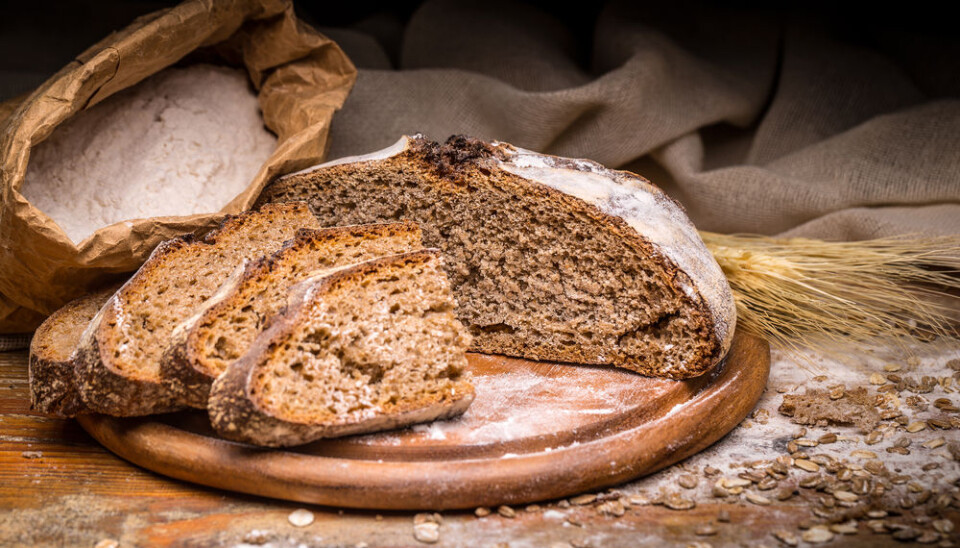
Whole grains boost the immune system
Bioactive compounds found in whole grains strengthen the immune system and help fight off disease, suggests new research.
Whole grains are often the healthiest choice and now the scientists behind a new study on whole grains say there could be another reason to dig in.
Whole grains are not only full of vitamins and fibre, but they also contain a substance known as benzoxazinoids or BX. Eating more whole grains rich in BX may help to boost our immune systems, say the scientists.
“In the past, people have said that eating whole grains boosts the immune system, but this is without any studies to show why this is the case,” says co-author Inge Fomsgaard, an associate professor in the Department of Agroecology at Aarhus University, Denmark.
“We gave the study participants foods that are rich in BX, tested their blood, and saw that they had an increased immune system reaction. These are new findings, which corroborate previous research,” says Fomsgaard.
The new results are published in the journal Molecular Nutrition & Food Research.
Blood tests show boost to immune system
Previous research has shown an association between whole wheat and a strong immune system, without knowing why. Now, Fomsgaard and her colleagues have some answers.
Two groups of participants embarked on two different diets. Both ate a diet rich in whole grains and fibre, but they ate different amounts of BX.
“After three weeks we saw that the blood tests of the high BX group responded by suppressing the level of pathogenic bacteria,” says Fomsgaard.
Colleague: BX content is not necessarily the explanation
Dietician Mette Bredal Kristensen, from the Institute of Sports Science and Nutrition at the University of Copenhagen, Denmark, describes the new research as interesting, but she emphasises that BX intake may not be the only explanation.
“There are very strong data that show high whole grain intake to be associated with lower incidences of both heart disease and diabetes, but it’s difficult to show the same [result] in controlled studies,” she says.
“So for this reason, this study provides an indication of a mechanism--BX--that may be part of the explanation," says Kristensen.
She is not convinced that BX is the only cause of the healthy benefits observed in the immune system, nor that all effects of BX are in deed beneficial.
"We still need to verify, precisely what it is that creates this effect,” she says, adding “the participants ate very different diets during the trial. One group had a portion of rye products and the other had potatoes and rice."
BX needs further scrutiny
Fomsgaard points out that the subjects' diets had equal amounts of fibre content, making them as comparable as possible.
However, both Fomsgaard and Kristensen agree that the precise effect of BX requires further study.
"Although we’ve seen [this relationship] in the laboratory, we cannot be sure that it also happens in the body,” says Fomsgaard.
“The next step will be to look at two groups of volunteers with identical diets, where one group has more BX--so we know that it’s only BX [that varies]--and then look at reaction in the body," she says.
---------------------
Read the Danish version of this story on Videnskab.dk
Translated by: Catherine Jex










